Donnerstag, 15. Februar 2024
20:39
Why the Roma were expelled from post-war Moscow
On April 4, 1945, in Maryina Roshcha, unknown persons attacked the house of a clergyman. The priest himself was tied to a chair and tortured. The church where the priest served was robbed, the crooks took his keys and took out of the church all the icons and valuables, the money collected for the repair of the church by parishioners (60 thousand rubles).
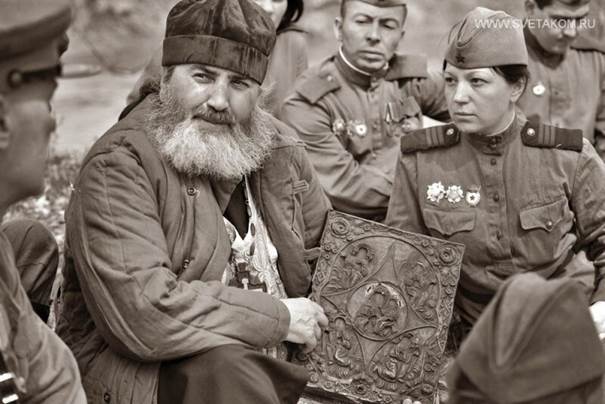
At that time, the authorities had a special attitude to church affairs, in the light of the thaw towards Orthodoxy during the Great Patriotic War, and the case was resonant, as they say now. Therefore, the Central Committee of the All-Union Communist Party (Bolsheviks), represented by the secretary A. Shcherbakov, demanded that the head of the Moscow police, V. Romanchenko, urgently find and arrest the criminals.
Romanchenko entrusted this case to the head of the Moscow Criminal Investigation Department, Alexander Urusov. And the detectives got down to business.
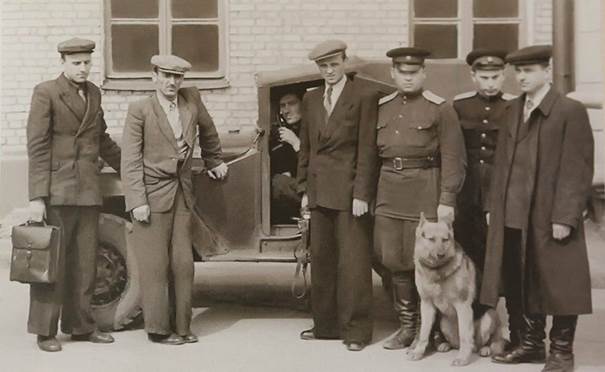
On April 7, 1945, in the course of a routine police raid at the Tishinsky market, the commissioner of the district service, I. Bugaev, detained a group of women of Roma nationality, from whom icons and objects of religious worship stolen from the church, which were taken according to the orientations, were seized.
And this was unheard of, after the “autumn shake-up” on Tishinsky in 1944, when several inveterate speculators and bandits were shot right on the spot during a raid, all illegal trade in the market disappeared. And here we go again.
The Roma women were interrogated at the police station, then at the UBB of the Moscow Criminal Investigation Department, however, they did not confess where they got the stolen goods from.
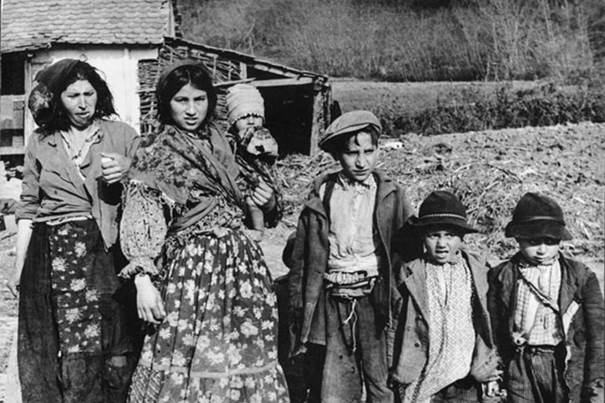
The operatives took a police patrol company with them and paid a visit to the nearest Roma camp and conducted searches. A lot of previously stolen items from other criminal cases were seized, but no items from the church and the priest’s house were found among them.
But the Murovites did not leave the suspicion that the Roma were strongly involved in this case. Therefore, Urusov decided to cheat and fish with “live bait”. Through his people, he spread a rumor among the Gypsies that a major church figure had come to the Moscow region, who was allowed by the authorities to build a new church. And allegedly he brought with him a lot of treasures, which at one time were taken by the Nazis to Germany, and now returned to the Church.
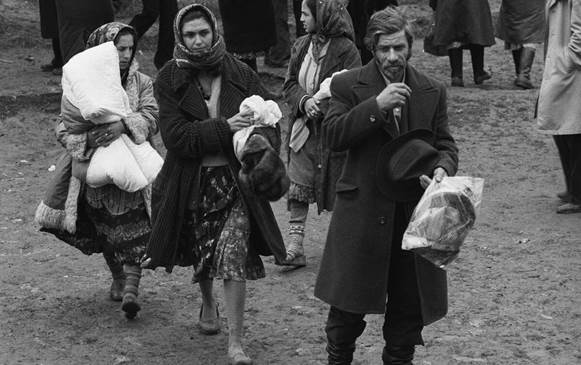
We decided to act with the utmost care. The operatives invited an active priest, he consulted how the decoration of the house of a high-ranking clergyman could look like and how this priest should look and behave.
Soon, in one of the houses, in which, according to legend, the Orthodox figure settled, a proper interior was exactly recreated, and the role of the yekharch was played by an employee of the MUR with a false beard. A police ambush was set up in the house itself.
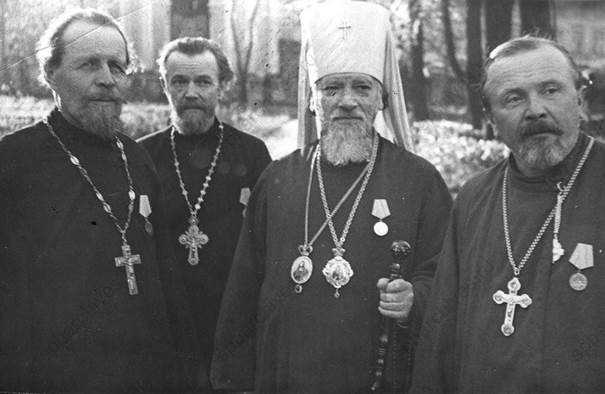
Less than three days later, a large fish took the bait. There was a knock at the door, and when the door opened, a crowd of gypsies armed with knives and sawn-off shotguns burst in. Among the detectives there was no “Petuni Solovyov” (as in the film “The Meeting Place Cannot Be Changed”), and therefore soon all the raiders were lying in handcuffs on the floor.
And these reckless people were taken into full circulation by the Murovites and, unlike their goods, they began to “prick” quickly. The Gypsies gave away the name of their leader and the hiding place in which the leader hid the loot, a kind of Gypsy common fund.
The leader of the gang turned out to be a gypsy Vasily Chernobrov. And in the cache, the operatives found gold crosses, icons, gold items from the stolen church, as well as a pistol and cartridges.
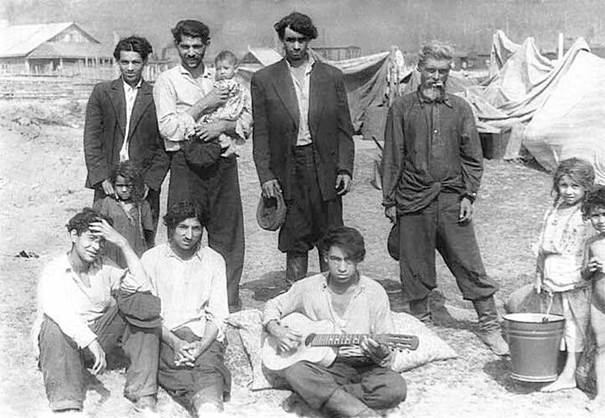
During interrogations, Chernobrov testified that he met Father Alexei by chance, during Hitler’s occupation in Ukraine. In search of shelter, when the Germans with shepherds were chasing him, Vasily knocked on the door of the church.
The Germans considered the Gypsy people to be “subhuman” and dealt with them without any trial. And the priest, risking his own life, provided Chernobrov with shelter and his simple food. Then I got him reliable documents and sent him to a safe place.
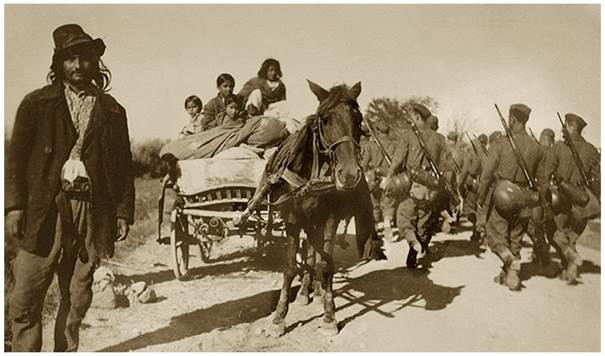
Four years later, this gypsy unexpectedly met Father Alexei in Moscow. The priest was delighted with his old acquaintance and took him home. He said that caring people collected a large amount of money for the restoration of the temple and soon it will shine with gold leaf in the sky. Chernobrov repaid the kindness by the fact that a few days later his henchmen from the camp burst into the house of Alexei’s father…
All the raiders were sentenced to long terms of imprisonment, and the rest of the Roma people were evicted from Moscow for the 101st kilometer.According to the oldest legend, the Gypsy once stole a nail in order to ease the suffering of Christ. At the time, it was seen as a good deed.
This time, however, Chernobrov committed a sin that was unforgivable even for a criminal element of that time. The Gypsy, after two years in prison, will end his life in the Vorkutlag camp (the Gulag system) under unclear circumstances.
